|
BLOG
Korte and Associates
News
GET THE LEGAL ASSISTANCE YOU REQUIRE AT THIS MOMENT
|
Florida Tenant Rights: What Landlords Can’t Do
As a tenant in Florida, it’s essential to know your legal rights. Understanding what landlords can and cannot do helps protect you from unlawful actions and ensures a fair rental experience. This article will walk you through common actions that landlords are not legally allowed to take and what steps you can take if your rights are violated.

Understanding Your Rights: A Florida Tenant's Guide
Landlords in Florida are required to follow strict legal procedures when it comes to managing rental properties, and tenants are protected under both state and federal law.
Illegal Evictions: What Florida Landlords Cannot Do
For instance, a landlord cannot lock you out, shut off your utilities, or remove your belongings without going through the proper tenant eviction process in Florida. Any attempt to force a tenant out without a court order is considered an illegal “self-help” eviction.
Protection Against Landlord Retaliation in Florida
Tenants are also protected from retaliation. If you’ve submitted a repair request or reported code violations , your landlord cannot legally respond by raising your rent, starting eviction proceedings , or changing the lease terms out of spite. These actions fall under Florida tenant laws prohibiting retaliatory conduct.
Florida Tenant Privacy Rights: Landlord Entry Laws
Additionally, your landlord must provide reasonable notice—typically at least 12 hours—before entering your home, except in emergencies. Respecting privacy is a key component of tenant rights in Florida , and any violation of this right could justify legal action.
When Landlords Fail to Maintain: Your Right to a Habitable Home
If a landlord ignores critical repair needs —like broken plumbing, no running water, or mold in rental property , Florida —they could be failing in their obligation to maintain a habitable residence . In these cases, tenants may have the right to withhold rent or terminate the lease under specific legal procedures. Situations like this may escalate into landlord-tenant disputes or even collections-related legal issues , particularly if disagreements over rent payments arise.
Security Deposit Disputes: Getting Your Money Back in Florida
Security deposit handling is another common source of conflict. Landlords in Florida must return your deposit within a specific timeframe after move-out and can only deduct for legitimate damages. If they attempt to withhold it unfairly or charge unauthorized fees, you may need legal support to recover what you’re owed.
These broader issues can lead to sudden disruptions or even loss of housing. In such cases, working with an attorney experienced in foreclosure defense , HOA dispute resolution , or trial litigation is essential to protect your rights and keep you informed every step of the way.How Korte & Associates Can Help
At Korte & Associates , we offer compassionate, experienced legal guidance for tenants dealing with everything from eviction threats to more complex matters like, mortgage foreclosure issues , and legal collections actions . We understand how stressful housing challenges can be—and we’re here to help you respond confidently and legally.
Whether you need help disputing an unfair eviction , recovering a security deposit , or addressing legal complications tied to the property you're living in, our team is ready to stand by your side in negotiations or trial litigation .
Need legal advice about your housing situation?
Fill out the form below to have a qualified legal professional contact you.


